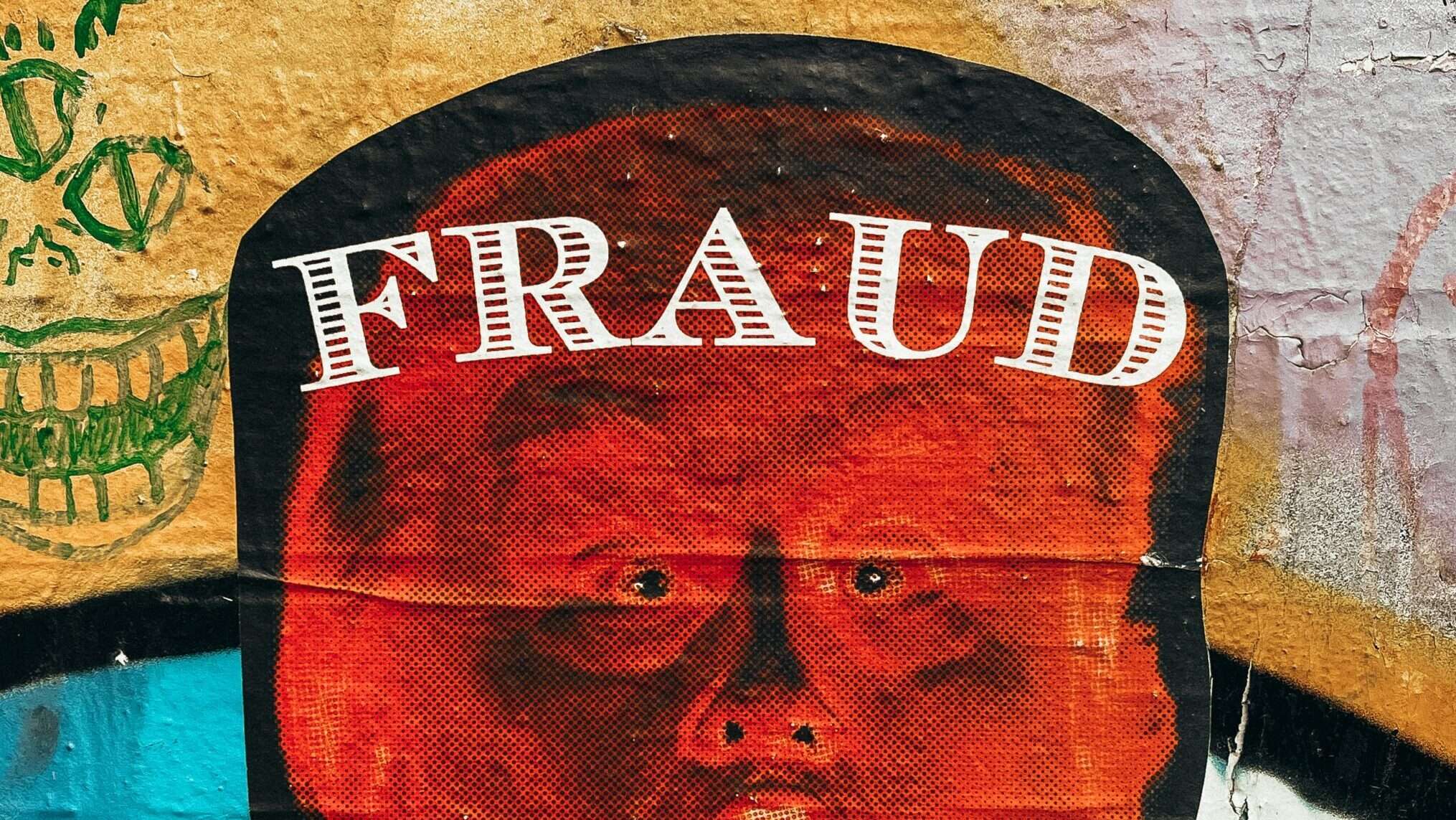Voter fraud is a fact of life in any democracy, but it is usually the result of carelessness on the part of single voters or ballot-counters, and there are ample processes in place to identify and correct those mistakes when they occur. After the 2020 election, the Associated Press found 475 instances of possible voter fraud in six states where a combined 25 million ballots were cast. High-profile claims of voter fraud in Arizona, Georgia, and everywhere Rudy Giuliani looked evaporated upon closer inspection.
At a certain point, the lack of evidence for widespread voter fraud ought to make Americans more skeptical of these claims. Instead, it looks like the opposite might be happening.
Just 39 percent of respondents to a recent University of Massachusetts Amherst poll said they were “very confident” that their voters would be counted accurately in this year’s election. That includes just 26 percent of Republicans and 16 percent of independents. Even when including those who say they are “somewhat confident” that votes will be tabulated correctly, only about two-thirds of the country have faith that the outcome of the election will reflect the votes cast.
A similar partisan divide emerged in a recent Pew Research Center survey that asked whether “it will be clear who won the election” after all the votes were counted. Just 58 percent of Trump voters are “very” or “somewhat” confident that those final counts will be clear, compared to 81 percent of Vice President Kamala Harris voters who are prepared to trust the process.



There’s also the “other” factor. “Our county”, “our state” etc surely does it right but what about the other counties and states?
The fear of the other is one of the worst impulses humans have